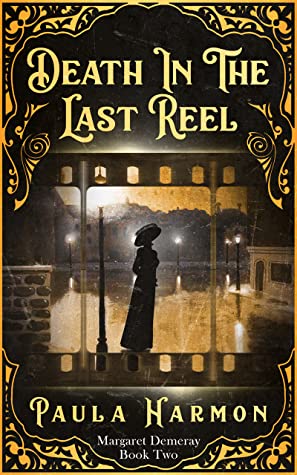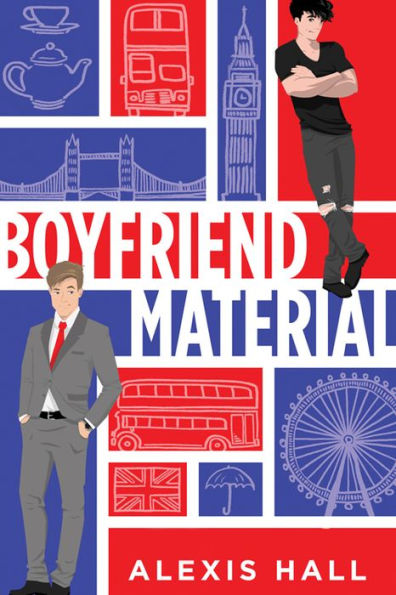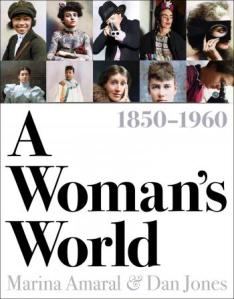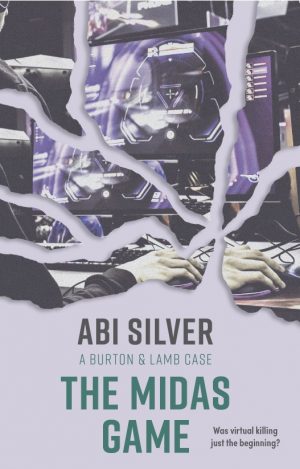About the Book
I’ve always tried to stay fit and healthy, so used to do cycling sportives, go road biking, and visit the gym once a day, but like many people my routine was interrupted by the pandemic. My gym closed and I began to realise my mortality when out cycling on the roads, so I now have a home gym and a bike trainer which I use in conjunction with the Zwift app. I also have 2 dogs that remind me daily to exercise them. Apart from that I enjoy travelling about in my motorhome (the dogs come with me – and one of them has now visited 13 countries), and hope that the world may begin to open up a little next year so I can travel into Europe again without too much fuss.
4. Was there anything about the publishing process that surprised you?
2. What inspired the book?
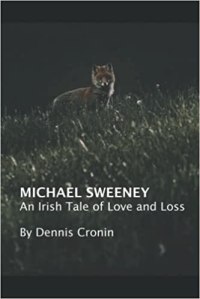
This one stumped me for a while, but I think the question would have to be, what relevance if any, does historical fiction have in the modern world?
Although my working life has been rooted in factual writing, I never held any desire to produce a novel. It was only when I began to research my family history and discovered events that even to this day some people are reluctant to speak of that I was moved to write this book. I felt it was a tale that needed to be told.
The book is based on the life of my great-grandfather, Michael Sweeney, who was born in the 1800s on a small hill farm in the west of Ireland and spans some 70 years or so.
1. Tell us a little about Michael Sweeney: Based on a True Story of Loss and Love.
It would have to be one of the classics, probably A Tale of Two Cities. You can relate it to much of the chaos and disorder that is happening today, the best of times and worst of times! If I could have a second, it would be Goldfinch by Donna Tartt, which I believe is almost Dickensian in the way her story meanders through time and places.
It confronts elements of social and political history from an unconventional standpoint and challenges some established stereotypes. The narrative is at times harrowing and there is a pervading sense of loss but there is also an underlying warmth, the suffering is tempered by humour and there is love and joy amidst the hatred and pain.
Dennis kindly answered a few of my questions.
Based on a true story, this is a heart-rending and poignant tale of crushing loss and enduring love, a homage to one man’s struggle against overwhelming injustice. Tucked away in the mountains in a corner of Ireland Michael Sweeney thought he was safe from the forces that raged beyond the quiet confines of his life. The inequalities of a class-ridden society, a country hurtling headlong towards civil war and a continent ripping itself apart were nothing to do with him. Though he asked little of the world it came crashing down upon him, hissing and snarling, to claim all he held dear. There is a limit to the loss that a heart can endure but its capacity for love is infinite, and that can never be taken away. It was only when I moved to Ireland that I discovered a family history I had been unaware of. Michael Sweeney was my great-grandfather, a simple man who fell prey to a series of extraordinary events at a turbulent time in history, whose destiny was shaped by the ambition and bigotry of others. The narrative of his life is at times harrowing and there is a pervading sense of loss, but there is also an underlying warmth; the suffering is tempered by humour and there is love and joy amidst the hatred and pain. It is a tale that needed to be told.
7. I like to end my Q&As with the same question so here we go. During all the Q&As and interviews you’ve done what question have you not been asked that you wish had been asked – and what’s the answer?
I moved to Ireland some 10 years ago, to the place where my grandfather was born, and as I began talking to the local people I discovered that they knew more about my family history than I did. I was fortunate enough to meet the man who now lives in the family homestead, and you could say he is the custodian of the history of the place. It was during my conversations with him that I realised I needed to delve deeper and to find out for myself who my ancestors were. However, during a search in the British Newspaper Archives, I came across something that was so shocking, I just couldn’t ignore it, and as time passed the need to tell the story grew stronger. I won’t give it away but suffice it to say my family never spoke of it. We all have a back story, and while many would hope it involves greatness and adventure sometimes the truth can be more convoluted and compelling.
6. If you could only read one book for the rest of your life which book would it be?
5. What do you do when you aren’t writing? What do you do to relax and get away from it all?
3. Are you a plan, plan, plan writer or do you sit down and see where the words take you?
The central theme is of an ordinary life shaped by a series of extraordinary circumstances, how one man’s destiny is defined by the ambition of others. It explores the universal evils of bigotry and injustice from the personal perspective of the victim and portrays the life of a simple man that is impacted by an angry and snarling world, not just once, but repeatedly.
My answer would be plenty! There is a circularity to history, it repeats itself although we may not know it. The treatment of the poor is universally bad. There are always Davids in evidence, battling against their Goliath, be it the state, the church, or some other powerful entity. Similarly, women have always been subjected to violence and discrimination, this is not a new phenomenon. People have lived and died, loved and laughed, fought and cried, over and over throughout the ages, the circumstances of each of their trials and tribulations may differ but their reactions remain the same, and so historical fiction will always be relevant, because how can we understand where we are now unless we know where we came from?
Michael Sweeney: Based on a True Story of Loss and Love by Dennis Cronin was published on 6 April 2021
Because the book is based on true life, I began by mapping out the essential elements and stories, the skeleton so to speak, then moved onto notes and finally drafts. So, I suppose I’m a plan, write, rewrite and plan some more kind of writer.
Disappointed rather than surprised I think. I had never realised that the market is so saturated with established writers and ‘celebrities’, and that getting a literary agent to notice you is harder than finding the Golden Fleece. That sounds peevish, but it is incredibly hard for indie writers to get anywhere, and then once you have gone down the self-publish route it’s an even harder slog to get yourself noticed. However, having said all that, I feel a tremendous sense of satisfaction that the story is out there. Now all I need to do is get people to read it!


